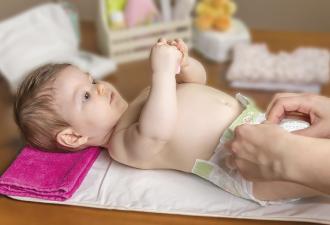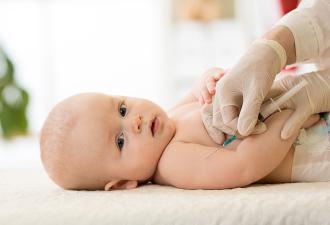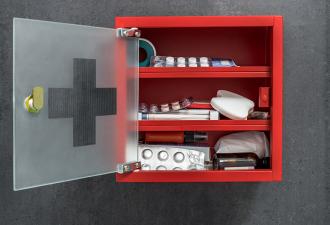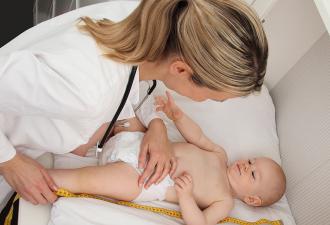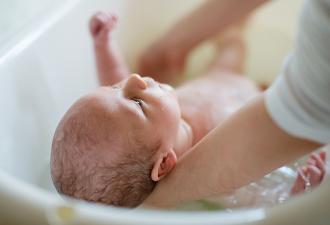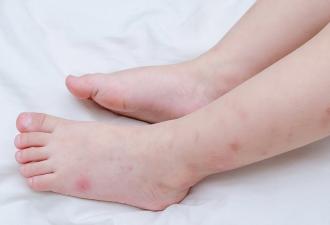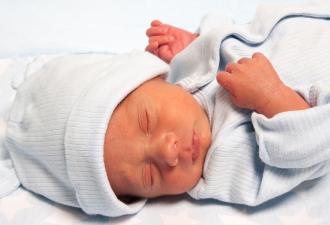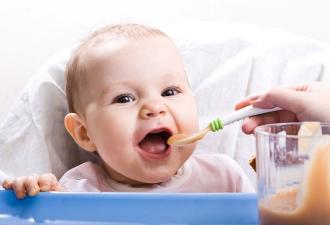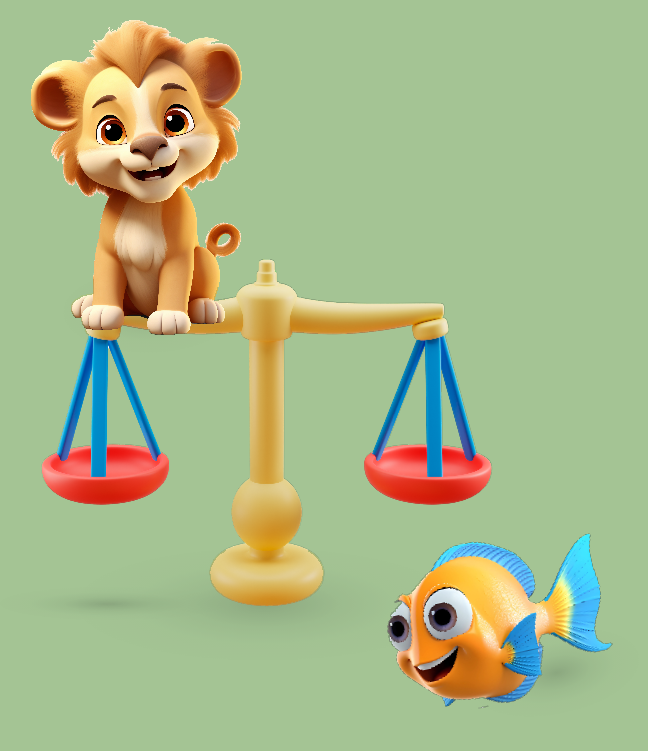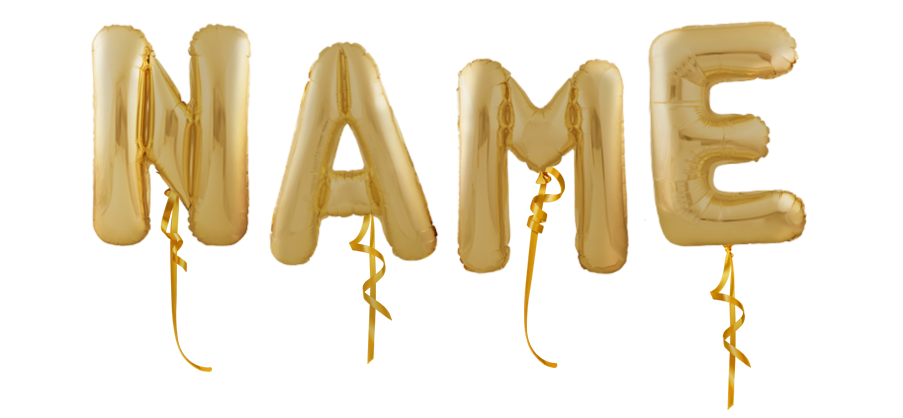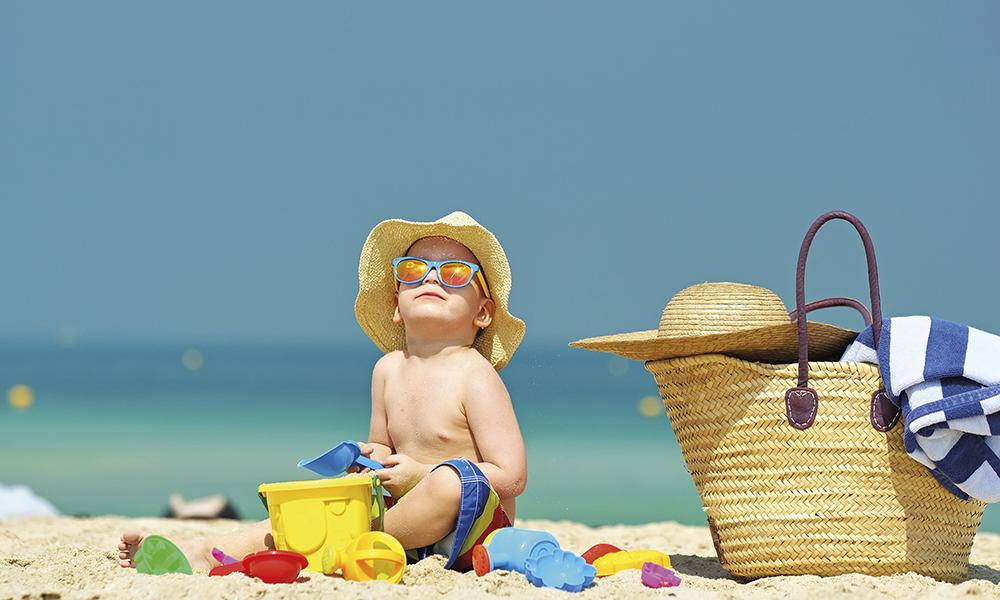
What Should Parents Pay Attention to During Summer Vacations with Their Child?
Summer vacations are a time of carefree fun for children and relaxation for parents! Especially the first summer vacation with your baby is something you'll remember forever.
Common questions parents ask include:
- What could happen and what should they be cautious about?
- How should they respond and handle such situations?
- What do they need to have on hand in case of emergencies?
- Where can they travel with a newborn or infant?
During summer vacations, mosquito bites, bee stings, wasp stings, and others are common. These bites can cause mild allergic reactions or more severe ones, including anaphylactic shock.
Mosquito Bites
Typically cause mild symptoms such as local irritation (redness), swelling, pain, and sometimes infection, which usually do not require treatment.
Preventive measures include:
- Mosquito nets, especially for infants.
- Special screens on doors and windows.
- Insect-repellent stickers for clothes, furniture, or baby strollers.
Bee Stings
Cause more intense pain and swelling at the sting site. Carefully remove the stinger, as it contains venom residue, and apply cold compresses to the area.
Wasp Stings
Are more painful than bee stings and cause more pronounced swelling.
For mild local allergic reactions, apply antihistamine gel to the area. For more severe or systemic reactions, administer antihistamine syrup according to the child’s age, and always consult your pediatrician.
If your child has a history of allergies, ensure you have the necessary medication and immediately visit the nearest health center or doctor, especially if there’s severe swelling or symptoms of a strong allergic reaction like voice changes, difficulty breathing, or swollen eyelids.
Heat-Related Issues
A significant concern during summer is heatstroke.
Heatstroke results from prolonged exposure of an uncovered head to the sun and manifests as facial redness, headache, nausea, or vomiting.
Sunburn typically occurs 3-5 hours after sun exposure, especially in infants and young children with fair skin. Symptoms may include redness, warmth, itchy skin, pain, swelling, blisters, or fever.
Heat exhaustion is a severe condition involving hyperthermia (body temperature above 41°C), often following prolonged exposure to high temperatures with inadequate hydration. It can occur due to excessive exertion at the beach.
Sun Protection Guidelines
- Keep babies under six months old out of direct sunlight.
- Seek shade under a tree, umbrella, or the stroller canopy.
- Dress children in light, breathable, tightly woven clothing that covers their body, like lightweight cotton pants and long-sleeved shirts.
- Use wide-brimmed hats to protect the face, ears, and back of the neck.
- Avoid sun exposure between 12:00 PM and 4:00 PM, when UV radiation is strongest.
- Wear sunglasses with at least 99% UV protection, appropriate for the child’s face shape. Sunglasses are essential for children aged four and above.
- Apply sunscreen, reapplying every two hours. Sunscreen can also be used on babies under six months.
Tips
- Bring a vacation first aid kit after consulting with your paediatrician about its content.
- Carry the child’s health booklet. If the child has a history of allergies, asthma, or chronic illness, bring the necessary medications.
- Know the contact numbers for the local health center, poison control, pharmacy, rural clinic, or pediatrician for emergencies.
- Avoid vacations with a newborn or infant in areas with difficult access or limited transportation options.
Written by Paediatrician Katerina Katsibardi, MP, PhD
